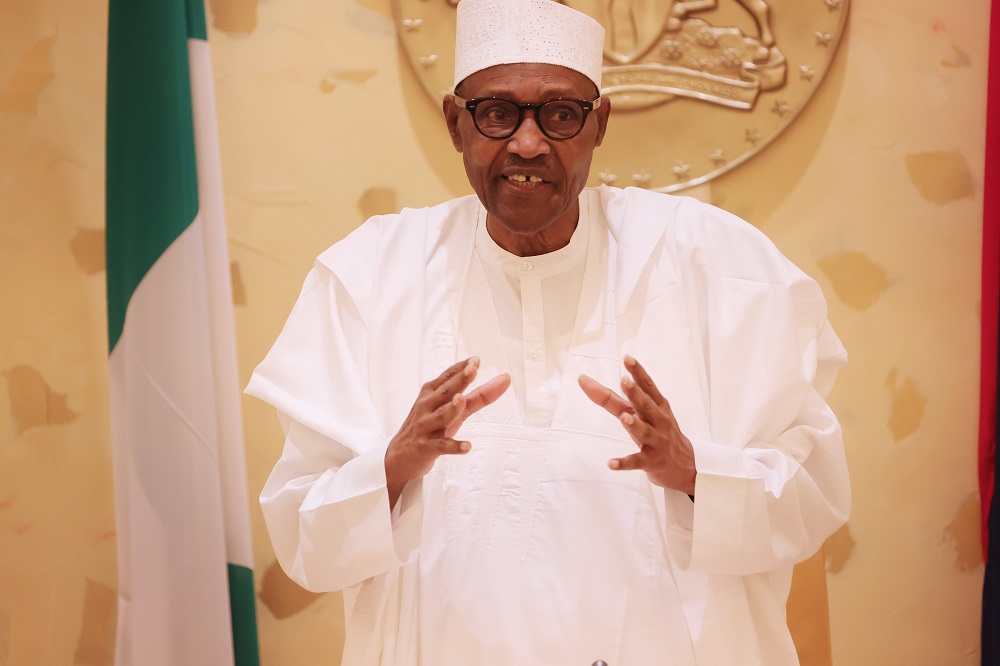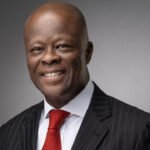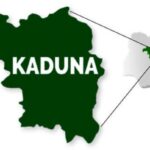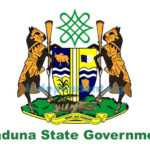The federal government has been urged to match words with actions by ensuring that 30 percent of all procurement sum is given to women businesses by 2026 to becomes a reality.
The President, Nigerian Association of Women Entrepreneurs (NAWE), Barrister Vera Ndanusa, made the call on Thursday in Abuja at a roundtable of Nigerian Association of Chambers of Commerce, Industry, Mines, and Agriculture (NACCIMA) NACCIMA Business Women (NAWORG) and Nigerian Export Promotion Council (NEPC).
- Nigeria, others to get Google’s $25m for women, girls
- FG reiterates commitment to gender equality, women empowerment – Minister
The advocacy event for the Implementation of the Presidential Executive Order on the Consideration and Allocation of Quota to Women Owned Businesses in Public Procurement was themed: “Enhancing Women’s Economic Empowerment through inclusive Government Procurement Processes”.
Ndanusa, who is also the National Coordinator, Partnership for Advancing Women in Economic Development (PAWED) National Coalition, said this would be in the interest of nation’s quest to drastically reduce unemployment and engender national development.
The stakeholder’s roundtable was among others to deepen inclusion of women in public procurement and to ensure the implementation of the Presidential Executive Order by the Government.
She said that the Presidential Executive Order 5 directs that all procuring authorities shall give preference to Nigerian companies and firms in the award of contracts, in line with the Public Procurement Act 2007, thus making it an opportunity for women businesses to thrive.
“We can no longer continue to be debating the economic, social and political benefits of supporting women’s economic empowerment. It has been established in international conventions and declarations, including the Beijing Declaration and Platform for Action, and all available evidence confirms that supporting women’s entrepreneurship and women-owned businesses helps to increase national growth and development.
“While globally, procurement is estimated to be $5.5bn, Nigeria spends $1.1bn on procurement. This equivalent to N473bn, while only N4.73bn goes to women businesses. At the Partnership for Advancing Women in Economic Development, we call on all to double efforts to ensure more of these opportunities go to women business,” she said.
“Let us work together to ensure that the commitment by Nigeria’s stakeholders to ensure 30 percent of all procurement activities is given to women businesses by 2026 becomes a reality,” she said.
Speaking earlier, Chairperson, NACCIMA Business Women Group (NAWORG), Hajiya Aisha Abubakar, said that the case for gender equality is founded in both human rights and economic arguments.
“While gender parity in education attainment is improving, women still remain severely under-represented in key, growth-enhancing fields of education such as science, technology, engineering and mathematics.
“Women are less likely to work for pay, and do more unpaid housework than men. Given this backdrop, it is no surprise that women’s position in business leadership and entrepreneurship needs to be strengthened,” Abubakar said.
She called for increased access to support networks, including professional advice on legal and fiscal matters, apart from importance for improved market demand for products and services of women-owned businesses.
She said this can be done by leveraging on the Presidential Executive Order 3 published in 2017, and titled, Executive Order On Support for Local Content in Public Procurement by the Federal Government.
Also, the Director General of the NACCIMA, Ambassador Ayoola Olukanni, assured of the association’s commitment to the success of the implementation of the Executive Order so that the 30 percent procurement sum for women businesses would become a reality.

 Join Daily Trust WhatsApp Community For Quick Access To News and Happenings Around You.
Join Daily Trust WhatsApp Community For Quick Access To News and Happenings Around You.


